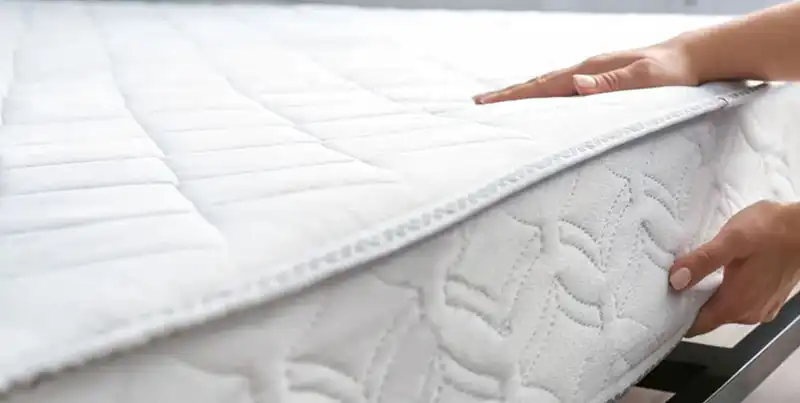When you bring home a new mattress, it’s natural to wonder how long it will take to get used to it. The adjustment phase for a new mattress can vary from person to person, typically spanning anywhere from 30 to 90 days. The ease of this transition largely depends on your previous mattress and your individual preferences.
Why Does It Take Time to Adjust to a New Mattress?
If your previous mattress was old, sagging, lumpy, or provided inadequate support, your body may need time to adapt to the improved comfort and support offered by the new mattress. It’s almost as if your body needs to unlearn the old habits of tensing up due to discomfort.
Furthermore, new technology or materials in your new mattress, especially if it’s a significant departure from your old one, may require an adjustment period. For instance, switching from an innerspring mattress to a memory foam mattress means your body will need time to adapt to the different feel and contouring properties of memory foam. Hybrid and latex mattresses might feel more comfortable right away if they align with your preferences.
Support vs. Firmness
It’s essential to understand that support and firmness are not the same things. The support layers of your mattress are responsible for holding up your chosen firmness level (whether it’s firm, medium-firm, medium, plush, etc.). If you find a mattress to be too firm, opting for a softer top doesn’t compromise support; it simply adds a layer of softness without sacrificing the underlying support. Think of it as adding comfort layers to a firm base.
The 60-Minute Test
A good way to gauge whether your new mattress suits you is by putting it to the 60-minute test. Your mattress should allow your body to relax fully without putting undue stress on your anatomical structures. When lying on your bed, you should feel comfortable in any position for at least 60 minutes.
To ensure you have the flexibility to try your mattress for an extended period, opt for retailers with generous return policies. Most mattresses come with multi-month at-home sleep trials, as spending 60 minutes lying on multiple mattresses in a store isn’t always practical. Store associates, especially those trained by retailers like Mattress Firm, can assist you in finding the perfect mattress setup for your needs.
Tips for Breaking in a New Mattress
- Check Your Foundation: If your mattress is replacing an old one, consider the state of your bed frame or foundation. Proper support is crucial for both your mattress and your body. An unsupportive foundation can lead to discomfort and affect your adjustment to the new mattress.
- Let it Breathe: Allow your new mattress to air out by refraining from placing sheets on it immediately. This extra airflow can help it perform at its best. If you have a memory foam or hybrid mattress, controlled heat can soften the material, enhancing its conformity to your body.
- Roll Around: If your new mattress feels too firm or stiff initially, spend more time on it while reading or watching TV to help soften it. Rolling around or walking on it can redistribute your weight and promote even wear.
- Stay Consistent: If you don’t love your new mattress after the first night, don’t jump to conclusions. Try sleeping on it consistently while maintaining good sleep hygiene to rule out other factors affecting your sleep quality.
- Choose a Mattress with an At-Home Sleep Trial: Opt for a mattress that offers a generous at-home sleep trial. This allows you to thoroughly test whether the mattress is the right fit for you. Retailers like Mattress Firm offer a 120-night sleep trial to ensure you’re completely satisfied with your new mattress.
Improving Your Sleep Quality
While your mattress plays a significant role in your sleep quality, other factors matter too. Ensure your bedroom is conducive to sleep by maintaining a cool, dark, and quiet environment. Practicing good sleep hygiene can further enhance your overall sleep experience, helping you achieve restful nights and wake up refreshed.





